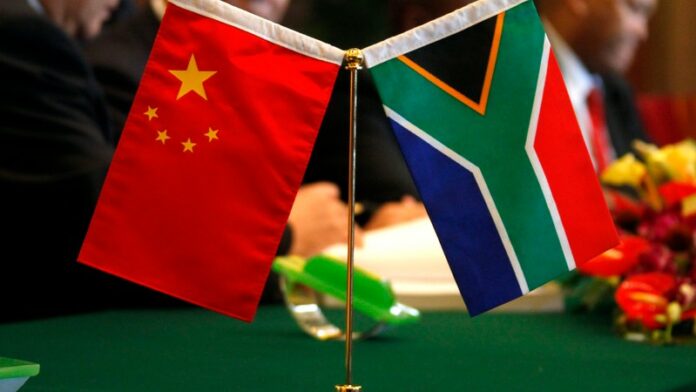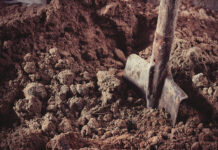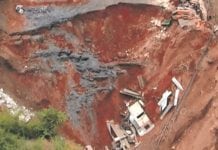
RICHARDS Bay Minerals could fall into Chinese hands if majority shareholder Rio Tinto offers the titanium miner as part of an asset for shares swap with Chinalco.
Reuters reported today that Rio Tinto was considering offering non-core assets to Chinalco for the 11% stake the Chinese own in it, worth $12.8bn (A$19.75bn) currently.
These assets would include Rio’s stake in Simandou, an iron ore mine in Guinea for which it could raise $4.9bn assuming an iron ore price of $85 per ton, said Citi in a note. In addition, Rio Tinto could raise a further $6bn for tail assets which includes a 74% stake in RBM as well as other non-lithium industrial mineral producers QIT, Borax and Dampier Salt.
RBM was put on review by Rio Tinto’s newly appointed CEO Simon Trott in September. Trott is reported to regard the South African miner as “low-hanging fruit” given the current weak pricing of titanium minerals, and recent disappointing returns.
In June, RBM said it was “all systems go” for its Zulti South mineral sands project after restoring community stability at the KwaZulu-Natal province operation. The project – first scoped in 2019 to extend production of 660,000 tons annually by 25 years – would be put to Rio Tinto’s board next year, the company said at the time.
Removing Chinalco from Rio’s share register could give Trott a number of options including the opportunity to buy back shares and potentially remove its UK listing entirely.
It could even prepare the group for major merger and acquisition activity, although Chinalco has been a supportive and passive investor, said Citi. The Chinese have no board seats at Rio despite Chinalco’s shareholding. Last year, it was rumoured former Rio boss Jakob Stausholm was against a potential merger with Glencore.
However, the main motivation could be politics, said Citi. “A China state-owned enterprise being the largest shareholder was increasingly being seen as a complication in an increasingly polarized globalised geopolitical environment in our view,” the bank said.
China and the US are at loggerheads over the export of rare earth minerals. Earlier this month, Beijing announced licensing requirements for non-Chinese firms exporting products containing even trace amounts of designated minerals.
The US has responded with a threat to impose an additional 100% tariff on Chinese imports by November 1 unless the policy is withdrawn.
Rio Tinto has strong US business interests. It is a 55% owner of the Resolution copper project in Arizona, the largest undeveloped critical mineral project in the country, said Citi in its report. “The optics of having a Chinese SOE … as the largest shareholder is increasingly fraught in a more complex and polarised geopolitical environment,” it said.








